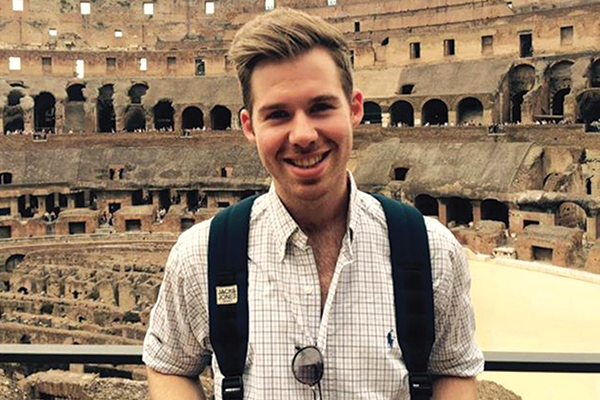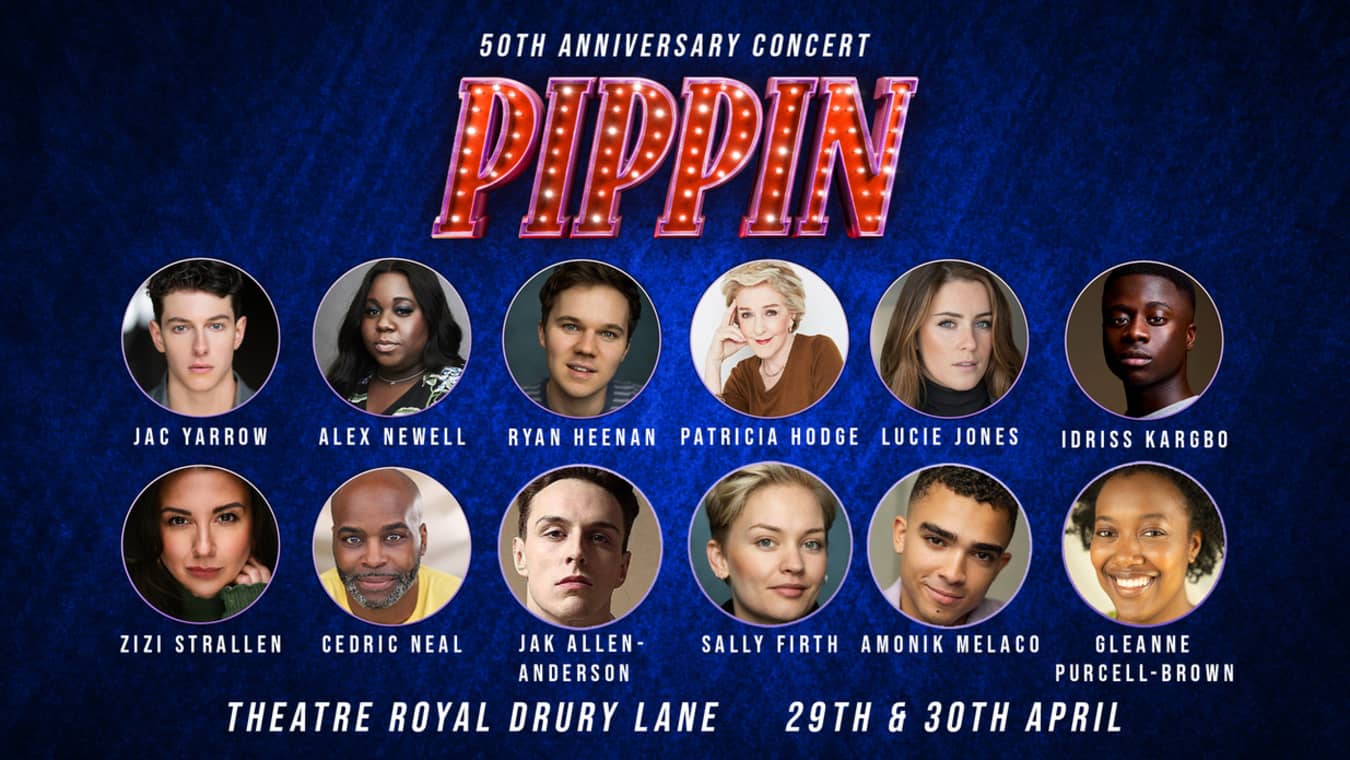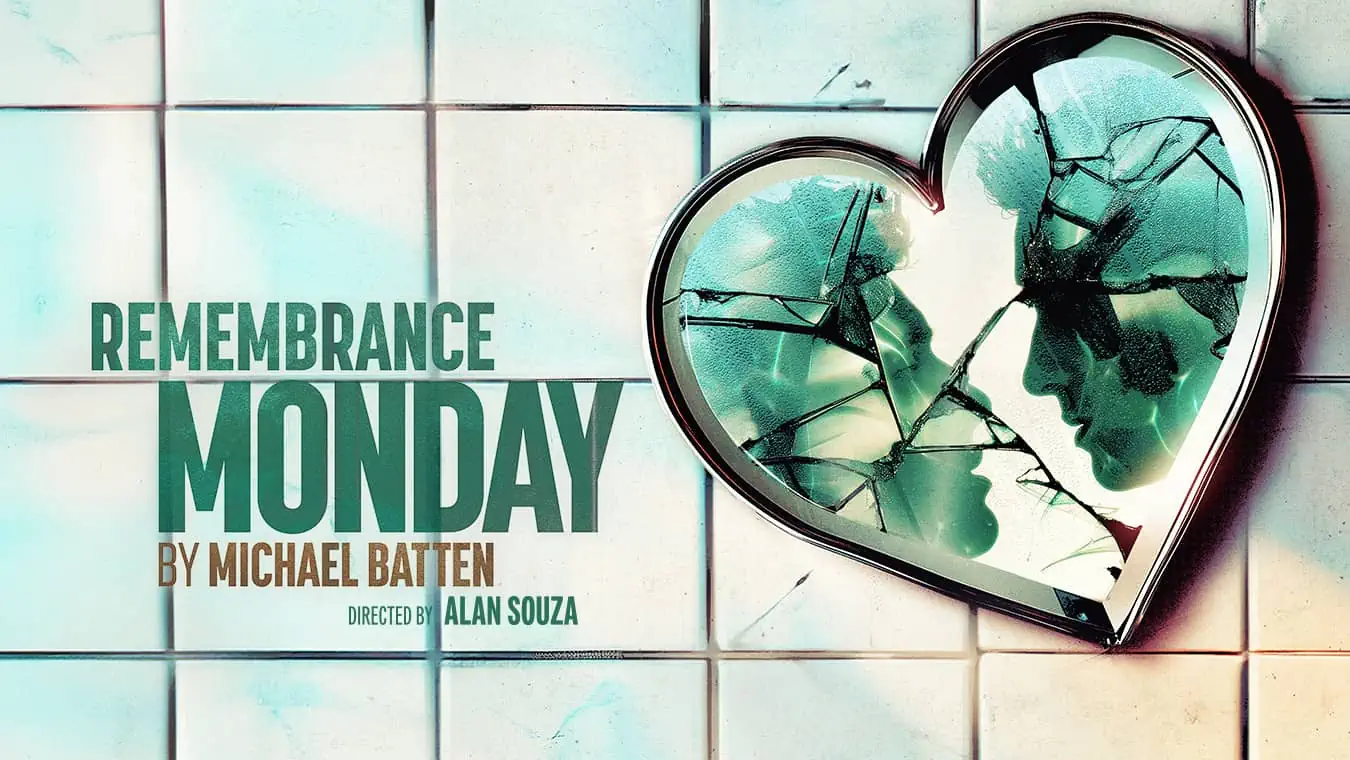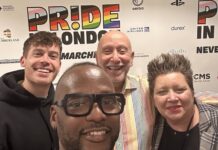To mark Anti-Bullying week, Stonewall’s Matthew Horwood looks at what we can do to tackle an issue that continues to affect the entire LGBT community.
We know that LGBT people are disproportionately affected by bullying, harassment, hate crime and violence. When we think of bullying, we instantly think of young people, the playground and the classroom. But while bullying starts at a young age, that’s not where it stops and it’s certainly not where we stop being able to prevent or tackle it.
Workplace bullying is still a huge issue for LGBT people in Britain, despite it being illegal under the Equalities Act 2010. On the streets and in public, it remains a problem too, whether it’s a trans person waiting at a bus stop being whispered about, gay men facing homophobic slurs at their local gym or a lesbian couple being stared at by other people in a restaurant.
Anti-Bullying Week is an important time for us to reflect on how we can prevent and tackle the mistreatment of others. We all have a responsibility to look out for other people who are being unfairly treated, isolated, victimised and discriminated against because of who they are.
Stonewall is using Anti-Bullying Week as a marker to emphasise the importance of this. We’ll be sharing the stories of individuals who have either experienced bullying or stepped in to tackle it, utilising three tips that we should all abide by:
• Be brave and support the person being targeted. Don’t be a bystander and ignore the situation. You can support a target of bullying even after the incident has taken place. Check to see if they’re alright and offer support if necessary, e.g. reporting it to the police, getting them a glass of water etc.
• Be heard and confront the bully. Ask the individual why they’re doing what they’re doing – and explain that it’s not acceptable. ‘Banter’ is a typical form of bullying that people often don’t realise they’re perpetrating. And sometimes when people are pulled up on it, they realise it’s wrong and stop. But remember to ensure you’re not putting yourself at risk when you intervene in any situation like this.
• Be kind and think about your own actions. It’s so important to treat people in the same way you’d like to be treated, and it’s often easy to forget the impact our actions can have. And little things can make a big difference to others – if someone looks upset, ask them how they’re doing. Be inclusive of others around you.
But as well as considering the bullies outside of the lesbian, gay, bisexual and trans community, we’ve also got to look at tackling the prejudice within it. Many LGBT individuals face bullying and discrimination because of other parts of their multiple identities. We know that racism, sexism, ableism, xenophobia and discrimination against people of faith are all issues that need addressing and tackling. As is transphobia, biphobia, lesbophobia and homophobia which also all take place within our community.
Being LGBT does not give you a Get out of Jail Free card to use offensive and discriminatory language about other LGBT individuals or groups. ‘Banter’ is not an excuse and ‘How can I be transphobic/biphobic/lesbophobic/homophobic when I’m LGBT myself?’ is not a valid question. (Sorry ‘bout it.)
We need to stand up against this sort of behaviour and call it out. We need to celebrate the diversity of the lesbian, gay, bisexual and trans communities. And we need to embrace its intersectionality and learn more about it. We need to be brave, be heard and be kind. And not be a bystander to bullying and teasing language.
• Visit www.stonewall.org.uk/nobystanders to see what Stonewall is doing this Anti-Bullying Week.











